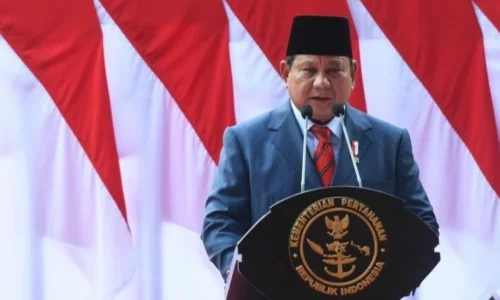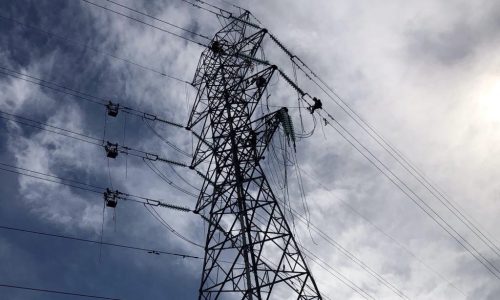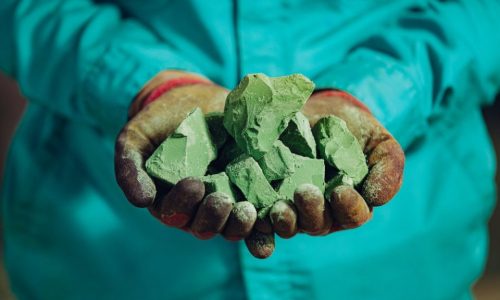The Ministry of Energy and Mineral Resources (Kemen ESDM) will begin issuing a ban on mineral exports starting in June 2023, although the potential for losses still exists.
Mineral export relaxation and the effects of stopping exports
The Ministry of Energy and Mineral Resources also inaugurated the relaxation of export permits until May 2024 for copper, iron, lead, zinc, and anode mud.
The government is currently still providing opportunities for mining companies of the five commodities to sell their products abroad.
On the other hand, a ban on processed mineral commodities will have an impact on state income and employment in Indonesia.
The suspension of mineral exports is predicted to have an impact on state revenues, which can result in IDR 200.7 (US$ 13.47 billion) trillion losses from the export ban.
Minister of Energy and Mineral Resources Arifin Tasrif explained that the ban on copper concentrate exports to Freeport and Amman Mineral had an impact on decreasing export volumes to 1.44 million tons, equivalent to US$ 4.67 billion, in 2023.
Meanwhile, the copper concentrate ban cause the country to suffer a potential loss of US$ 353.64 million in state revenue and erasing 22,229 jobs.
In addition, a ban on export of iron concentrate will be impacting PT Sebuku Iron Lateritic Ores which will reduce the company’s iron ore export by 1.86 million tons, which equals to US$ 81.06 million in 2023. As a result, Indonesia will lose US$ 6.95 million in potential royalties, as well as terminating 1,444 workers.
Furthermore, the ban on lead exports from PT Kapuas Prima Coal will eliminate US$ 14.36 million in state revenue and US$ 984,000 in royalties for 2024.
And finally, the ban on exports of zinc concentrate from PT Kobar Lamandau Mineral will result in potential losses reaching up to US$ 21.63 million in export value, and US$ 1.48 million in royalties for 2024.
The government provides special relaxation
Despite the ban in raw mineral exports, the government has granted permission for several companies to continue exporting raw and processed mineral after June 10, 2023 to May 2024. The permission was granted to companies that has reached 50% in smelter construction.
“Based on verification from an independent verifier, as many as five companies have reached 50% progress in the construction of metal mineral concentrate refining facilities,” Arifin said.
The five companies are:
- PT Freeport Indonesia with 54.52% physical progress;
- PT Amman Mineral Industri with 51.63% physical progress;
- PT Sebuku Iron Lateritic Ores with 89.79% physical progress;
- PT Kapuas Prima Citra with 100% physical progress; and
- PT Kobar Lamandau Mineral with 89.65% progress.
Meanwhile, for companies that are not allowed to export raw minerals after June 10, 2023, the government is giving them the opportunity to sell their products domestically.









